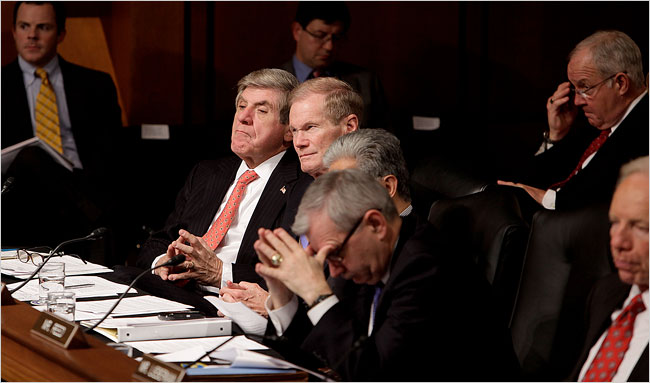
Kids: Can you spot three spelling and usage errors in this photograph? Can you circle the invidious comparison? If you haven't been there already, I get these from moronswithsigns.blogspot.com. Check it!
Whether you read the Times or the Wall Street Journal, informed consensus has it that this country is in trouble. Our monster deficit increasingly undercuts economic growth, while our mounting foreign debts threaten to make us grad students at the table of nations, disregarded except when we’re subjected to lectures on the importance of industry. We need to stop spending money, stat, but at the same time we’ve got an economy in shambles, an infrastructure wearing through and at least two major cities (Detroit, New Orleans) half abandoned. Oh yeah—we’ve also embarked on two land wars in Asia. In this time of crisis, with a new president who rode to office as the explicit champion of American hope, we have opted to spend the past year arguing heatedly about the particulars of a health care reform package that we never passed. In the meantime, we managed to degrade our discourse to the point where the ruling party is regularly compared to Nazis, the president is accused of not being an American citizen, and even routine political appointments are ransomed for congressional pork, at least until somebody gets caught. At our time of crisortunity, when we were faced with the chance and the obligation to remake America for the twenty-first century, we as a nation have boldly stepped forward onto our own dicks, then fallen into the cat box. Which raises an interesting political question: What the fuck is our problem?




